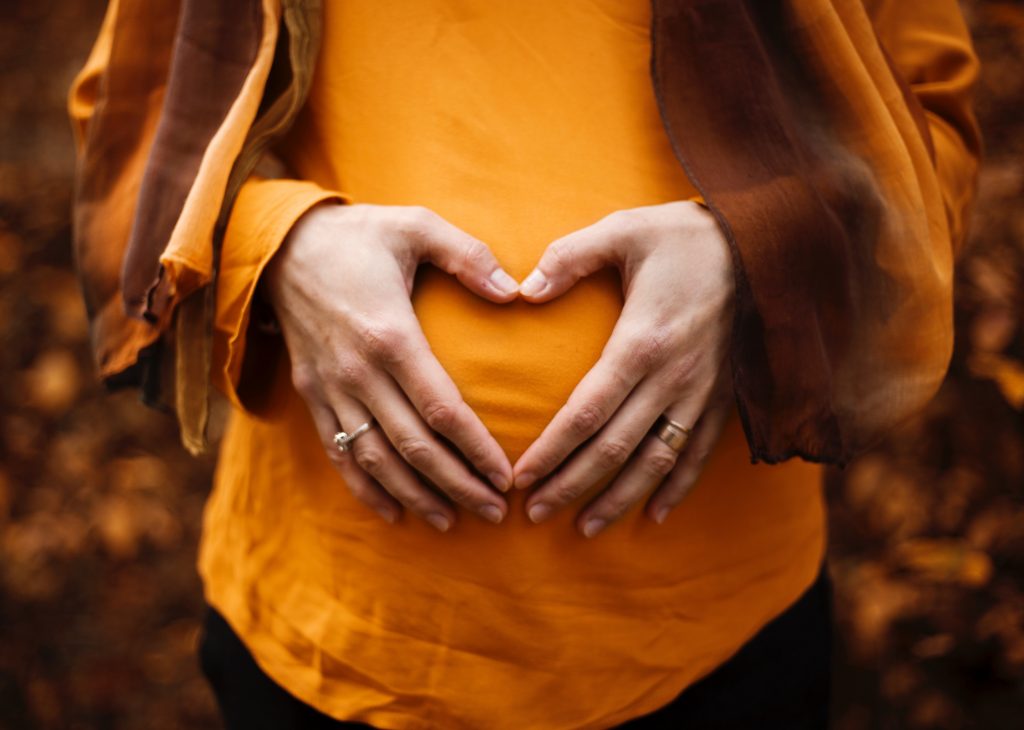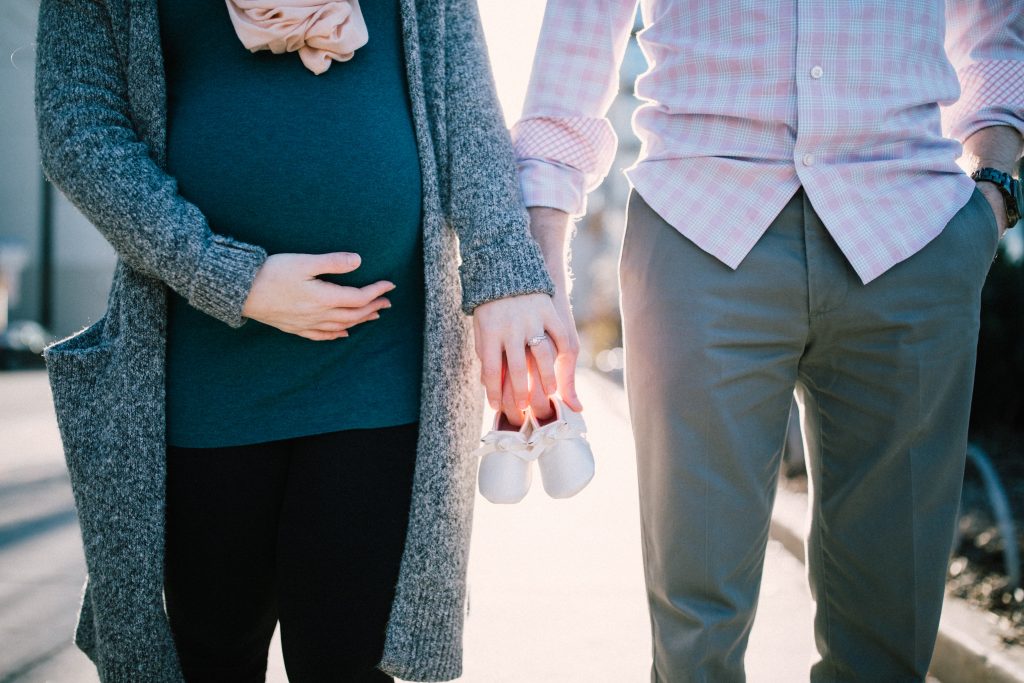Who is your local wise woman?
I recently found out on holiday last year that both my Nonna and Great-Nonna were the local wise women in their village. That the moment a woman went into labour, that they were called to support them in their births and support them afterwards. They were familiar and trusted faces that women would turn to for advice and support during pregnancy, birth and with their family.
Possibly in many instances these wise women were also local healers with knowledge of ways to heal through herbs, nutrition and energy. They supported local spiritual beliefs.
These wise women and many other wise women across the world in the past and still living today and still support pregnant and new mums through this time.
In the UK (and much of the Western World) at this moment in time, the wise women isn’t recognised. They do, however, exist in the form of a doula which has risen in popularity since the 1970s and especially in the UK in the last 10-15 years.
Doulas – a greek word which translates as “servant woman” – and we do serve women through their pregnancy, birth and with their new baby. In that massive life transition – we are a person you build trust and confidence in. A woman who makes you feel calm. A woman you feel connected to through this time.
What is it that doulas actually do?
Doulas are professional support during birth and in the postnatal period. Some doulas provide only birth support, some provide postnatal support and some doulas do both.
In birth – we support you in making your choices and decisions to help you achieve the birth you want. It might that we provide you information, advocacy or help you to navigate the maternity system. Other times our role is mainly about emotional support, encouragement and touch in the form of massage. Often what we do is oversee that everything is going well.

Many doulas have other skill sets – possibly yoga, hypnobirthing, EFT, support you with any previous birth trauma, counsellors, reiki, reflexology, acupuncture, massage, shiatsu, bach flowers…. The list goes on.
We are there for your birth whenever it will happen and wherever it might be – whether home, birth center or maternity unit. Doulas will meet with you 2-5 times in your pregnancy, be at your birth and will visit 2-3 times post birth. They are on call 24 hours a day, 7 days a week during the on call period and will arrive with you when you ask them to be and stay with you until your baby is born.
Post birth, we will help you to breastfeed your baby, listen to your birth story, help you to recover physically and emotionally, provide encouragement and information around newborn baby care and help you to relax into parenthood. If there’s time, doulas will do light household chores and tasks or some cooking.
Are doulas there for dads/partners too?
We are very much there to support dads/partners just as much as mums. We are there for the whole family. Dad/partner is always still the main birth partner and main caregiver. Often by having us there, it means that they are supported to be that caregiver rather than replacing them. That’s done in a gentle and encouraging way. And let’s not forget… they are going through a hugely immense experience too and they need supported to enjoy it.

How are doulas and midwives different?
Doulas and midwives both support women in their choices and decisions and provide care. We are different in that you choose your doula, you have continuity of care, so you know who will turn up on the day and have built up trust in that person. Doulas provide no medical assistance (ie exams, health checks etc) and are totally independent of any NHS policies and procedures and guidelines.
Why do I need one?
Birth over the last century has become increasingly medical and de-personalised. We are in a time where caesareans are around 1 in 3 births, birth-related trauma is about 1 in 3 births and women feeling very disempowered throughout their whole experience. More women than ever before are experiencing mental health illness during this time.
Doulas can be one way to really improve your whole overall experience so that you can ENJOY birth and parenthood.
What is the evidence?
“If a doula were a drug, it would be unethical not to use it. – John Kennell, M.D.”
The evidence around support is huge and growing all the time. Recently, there have been studies looking at the use of induction as a way to lower caesareans/improved outcomes etc. However, none of these interventions have ever achieved the same overwhelming positive results as having a doula support there (listen to this fantastic podcast for a clear explanation on it).
Here are the main findings from the research around doulas (more in depth information available from Evidence Based Birth):
- 25% decrease in the risk of Caesarean
- 8% increase in the likelihood of a spontaneous vaginal birth
- 10% decrease in the use of any medications for pain relief
- Shorter labors by 41 minutes on average
- 38% decrease in the baby’s risk of a low five minute Apgar score
- 31% decrease in the risk of being dissatisfied with the birth experience
How much do doulas cost?
In Edinburgh, doulas generally cost between £500-£1000 – some might offer additional services within that or offer additional support on top. Postnatal doulas are charged by the hour and will cost between £15-£25 per hour.
How do I find one?
A good starting place is Doula UK and Netmums. You can also ask on various social media groups to see who’s had good experiences.
It’s worth meeting up with 2-3 doulas and finding out who you connect with.
Tricia Murray is a Fertility, Birth and Parenting Coach, EFT Therapist, Doula and Birth Trauma Specialist supporting mums and dads to enjoy birth and early parenting and feel confident and calm throughout. She is Founder of the Birth and Baby Academy, Edinburgh Birth and Baby and Juno Perinatal Mental Health Support.



Thank you for all the information about a doula. My friend suggested that I should get a doula to help me during my pregnancy. I’m glad that they are professional support during birth and postnatal support. I’m glad that they meet with you frequently. That sounds really nice.